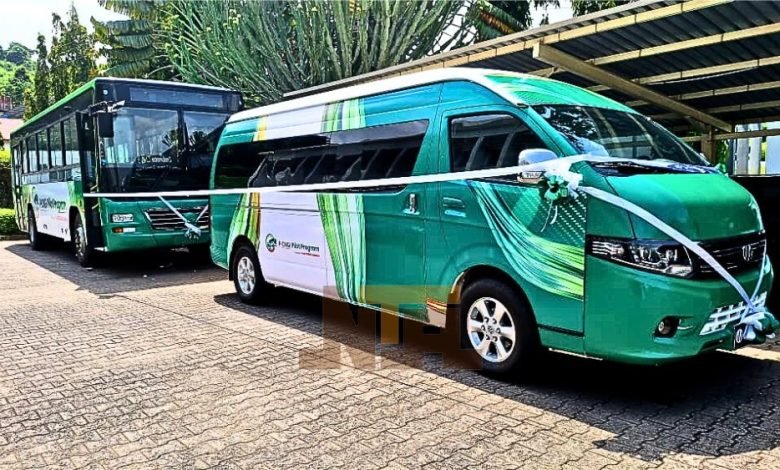The federal government has introduced a new Compressed Natural Gas (CNG) transportation project across Nigerian universities to lower transport costs and encourage cleaner energy.
According to the News Agency of Nigeria, the project, dubbed “CNG-SPROUT” (Special Palliative Relief on University Transportation), was launched on May 29 at the FEMADEC AutoGas Centre, Yakubu Gowon University, Abuja.
The Minister of State for Petroleum Resources (Gas), Ekperikpe Ekpo, said the initiative targets affordable, eco-friendly mobility for students and lecturers. The launch marks the beginning of 20 similar university-based projects, with five more planned for commissioning in June.
The pilot phase includes the donation of five 18-seater CNG-powered buses and several tricycles. Subsidised vehicle conversion services will also be made available for university staff. These efforts form part of the federal government’s broader commitment to support gas-powered vehicles and improve energy affordability nationwide.
“President Bola Tinubu has made a firm commitment to prioritise energy affordability, security and environmental responsibility; today’s commissioning is a direct demonstration of that commitment in action,” said Ekpo.
Ekpo also announced that new incentives for CNG vehicle conversion, increased refueling infrastructure, and support for local CNG innovation would follow in the coming months.
Yakubu Gowon University’s acting vice chancellor, Patricia Lar, praised the move, noting it will provide immediate relief for students and staff who struggle with daily transportation. She commended FEMADEC Energy for driving the project, along with the Midstream and Downstream Gas Infrastructure Fund (MDGIF), under the Nigerian Midstream and Downstream Petroleum Regulatory Authority.
The project is a result of joint efforts by the Presidential Compressed Natural Gas Initiative (P-CNGI), FEMADEC Energy, MDGIF, the Federal Ministry of Education, the Ministry of Transportation, and various university administrators.
Minister of Education, Tunji Alausa, also welcomed the development, saying it would boost accessibility and reduce fuel expenses for students and academic staff alike.
As the federal government deepens its “Decade of Gas” agenda, more institutions and sectors beyond universities are expected to benefit from similar clean-energy transport initiatives.
Article updated 1 day ago. Content is written and modified by multiple authors.




